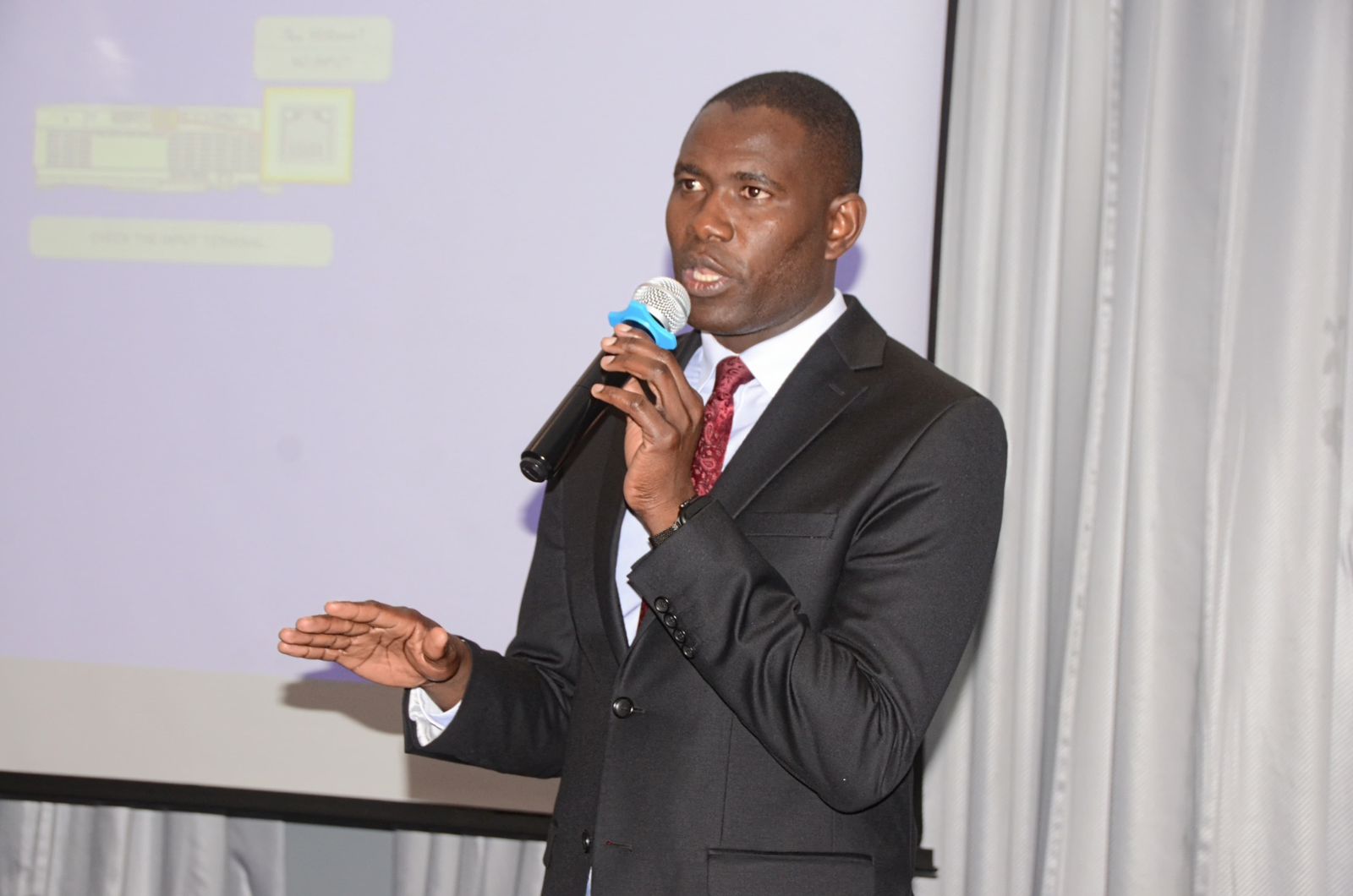
Direct cause of maternal deaths in Kenya
Post-partum haemorrhage remains the primary direct cause, accounting for nearly 40% of fatalities.
Oluga said Kenya’s maternal mortality rate remains alarmingly high despite years of interventions.
In Summary

Audio By Vocalize

Medical Services PS Dr Ouma Oluga has urged the government and health sector stakeholders to enhance collaboration and form sustainable partnerships to deal with the persistently high rates of maternal and neonatal mortality in Kenya.
Oluga acknowledged that despite years of government interventions, Kenya’s maternal mortality rate remains alarmingly high.
The PS was speaking during the official opening of a three-day co-creation workshop on maternal and neonatal health held in Nairobi on Tuesday.
“I know when it comes to deaths, we should not compare ourselves, but we are doing horribly bad compared to our neighbours,” Dr Oluga said.
According to the 2024 USAID report on Preventing Child and Maternal Deaths, Kenya’s maternal mortality rate stands at 594 deaths per 100,000 live births.
This figure highly contrasts with the Sustainable Development Goal (SDG) target, which aims to reduce maternal mortality to fewer than 70 deaths per 100,000 live births by 2030.
Oluga stressed that achieving this target is possible but requires an inclusive and well-coordinated effort involving all key players in the healthcare system.
The workshop has brought together major stakeholders in the health sector, including officials from the Ministry of Health, Amref Health Africa, UNITAID, and the Clinton Health Access Initiative (CHAI).
The forum aims to identify and develop innovative strategies to strengthen maternal and neonatal care delivery across the country.
In April, the United Nations (UN) agencies for health warned in their new report that maternal death may increase as unprecedented funding cuts take effect across the world.
These cuts have led to facility closures and loss of health workers, while also disrupting supply chains for lifesaving supplies and medicines such as treatments for haemorrhage, pre-eclampsia and malaria – all leading causes of maternal deaths, the report said.
“When a mother dies in pregnancy or childbirth, her baby’s life is also at risk. Too often, both are lost to causes we know how to prevent," UNICEF Executive Director Catherine Russell said.
Russell said global funding cuts to health services are putting more pregnant women at risk, especially in the most fragile settings, by limiting their access to essential care during pregnancy and the support they need when giving birth.
"The world must urgently invest in midwives, nurses, and community health workers to ensure every mother and baby has a chance to survive and thrive.”

Post-partum haemorrhage remains the primary direct cause, accounting for nearly 40% of fatalities.